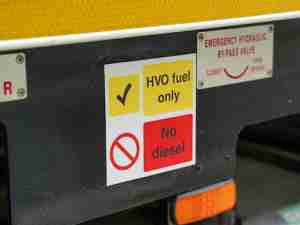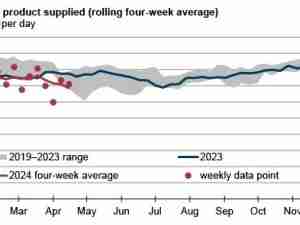Chinese regulators summoned executives at Sinopec Group to a meeting on Monday after the oil giant suffered its second deadly accident this month, saying the episodes had “seriously impacted people’s sense of security.”
Officials told Sinopec that the accidents “had a bad influence” on the public and fell short of expectations for “important state-owned enterprises,” China Central Television reported, adding that “strong measures” should be taken to tackle issues including aging equipment and management shortcomings.
Representatives from the Ministry of Emergency Management and the State-owned Assets Supervision and Administration Commission attended the gathering, which was held following a fire at a plant Saturday in Shanghai that killed one person and another blaze on June 8 at a facility in Maoming, Guangdong province, that left two people “missing.”
The government of the world’s No. 2 economy has put social stability at the fore this year because the ruling Communist Party is set to hold a major congress that’s expected to hand Chinese President Xi Jinping a third term and see scores of other officials jockey for promotions.
That calm has been elusive, though, given Russia’s invasion of Ukraine, and tensions with the US over issues including Taiwan and human rights. Then there have been Covid-19 outbreaks in several cities including Beijing and Shanghai, which was under a grueling lockdown for more than two months.
In March, the nation was stunned when a China Eastern Airlines Corp. jet crashed mysteriously in the mountains of the southern region of Guangxi, killing all 132 people on board. Officials in China’s normally safe airline industry still have not offered an explanation of the accident even though devices recording cockpit voices and flight data have been recovered.
The Wall Street Journal reported that data suggested the Boeing Co. plane took an intentional nosedive, citing people familiar with US officials’ preliminary assessment of the incident.
Also in March, 14 miners were killed in a collapse in the southern province of Guizhou, part of a spate of accidents early in the year that dented the government’s reputation as the protector of blue-collar workers.










